The transition phase of the EU's Border Carbon Adjustment Mechanism (CBAM) will start on 1 October. As the implementation approaches, market participants in Europe are discussing the new system and its challenges. Steel producers are concerned about the future of steel exports.
Flavio Bregant, director general of the Italian steelmakers' association Federacciai, confirmed that the main issue for steelmakers is the impact of CBAM on their exports once the transition phase is complete. CBAM is scheduled to be fully implemented from January 2026.
"At the moment, CBAM only covers imports. We are happy to hear from the European Commission that they will look into the issue of exports in 2025, but we have raised the issue many times and so far we have received no response," Bregant said.
From the beginning of 2026, the free allocation of Emissions Trading System (ETS) certificates will be phased out, further increasing the production costs for European steelmakers to ensure that the low-emission transformation takes place. This will make European steel producers less competitive on the international steel market, which will lead to export difficulties without financial support from the European Commission.
"Personally, I see European exports of steel products dropping to zero when CBAM is fully implemented, which will lead to the need for European steelmakers to reduce production at their mills while keeping the doors open for imports," Bregant added.
Other representatives of the steel supply chain are concerned about the potential reduction in EU imports as a result of CBAM implementation.


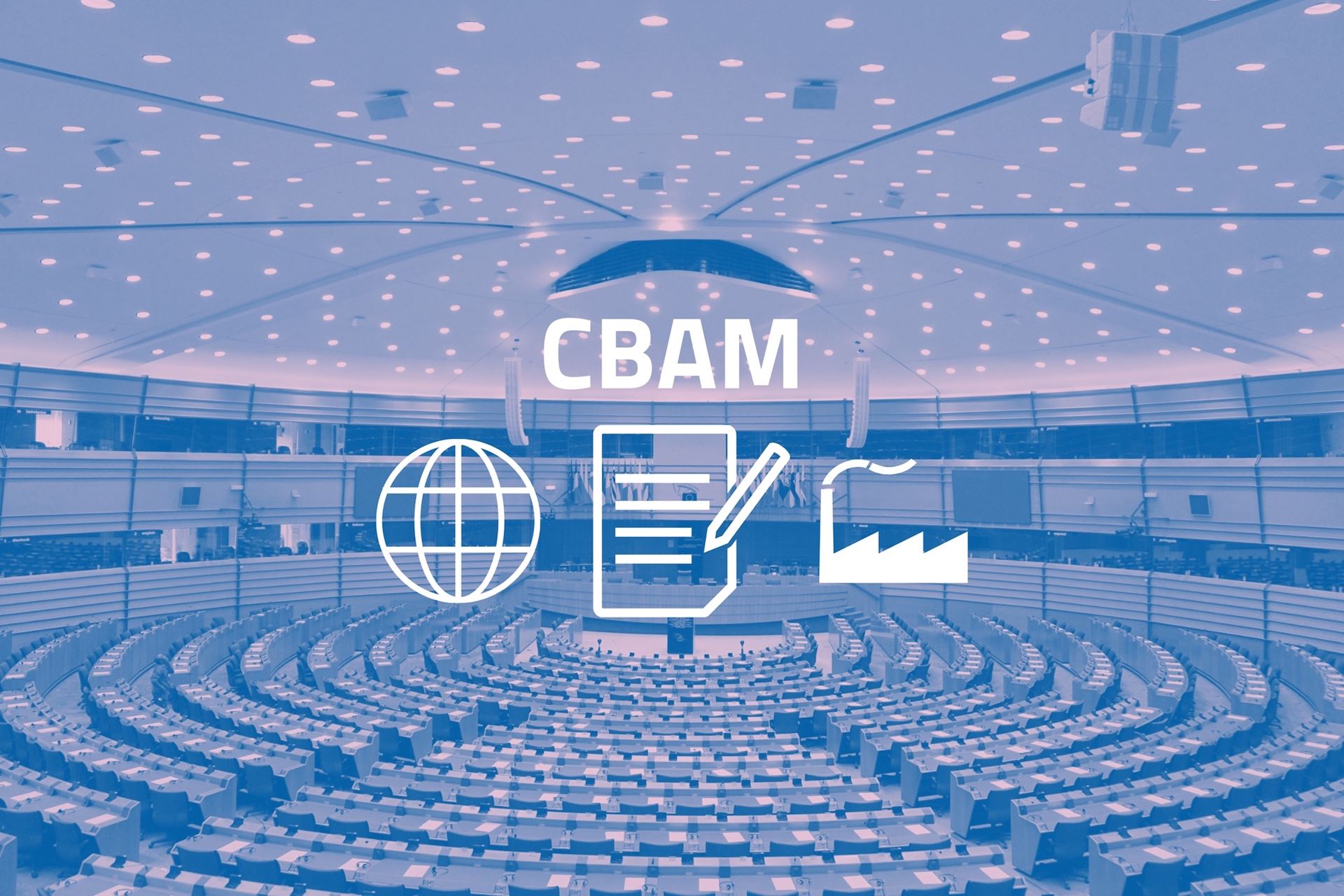

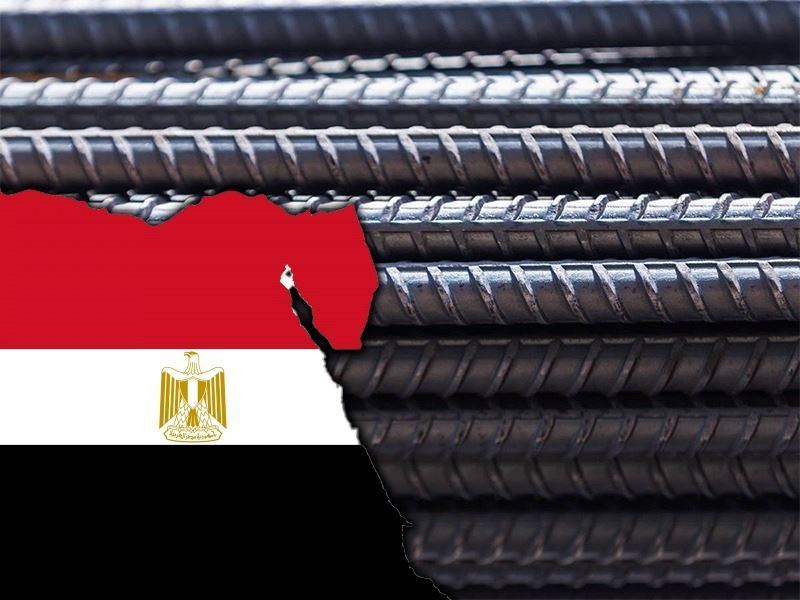
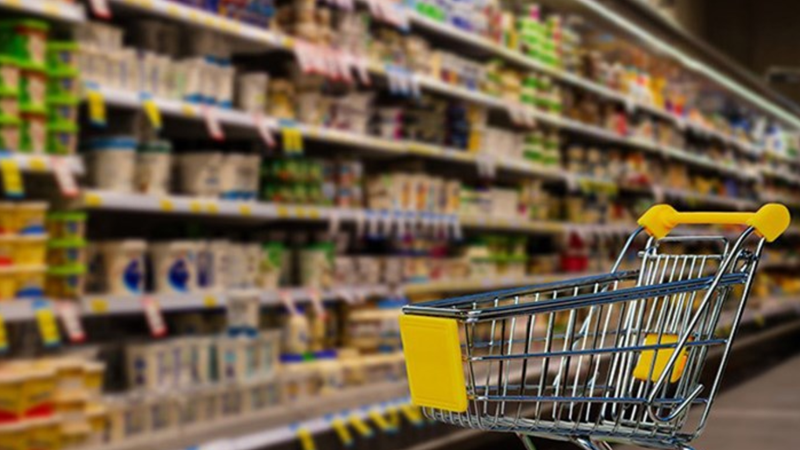
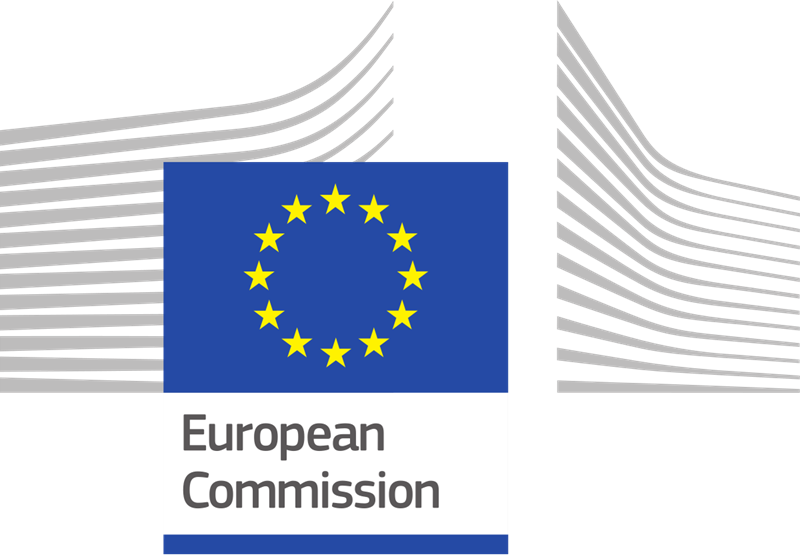
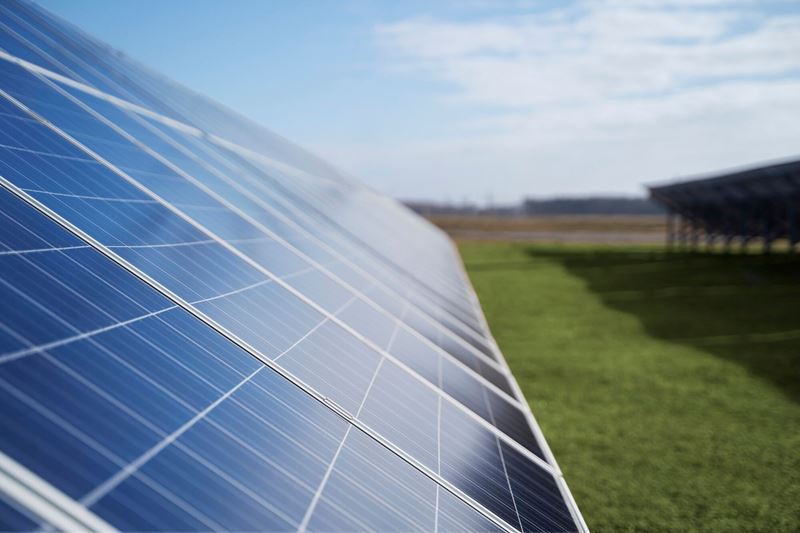



Comments
No comment yet.